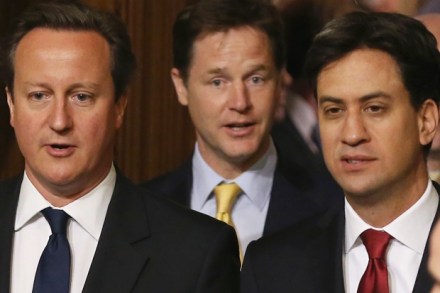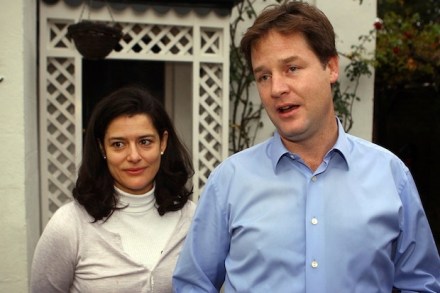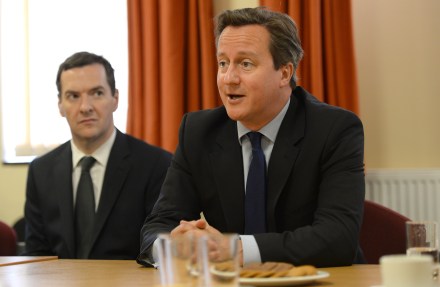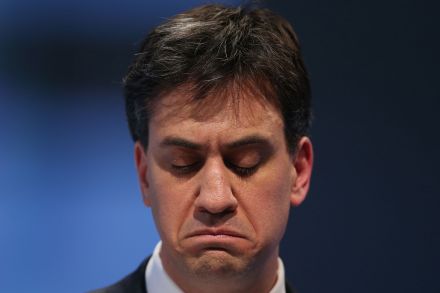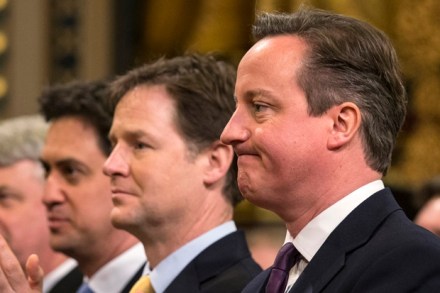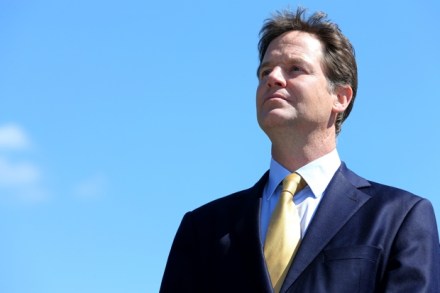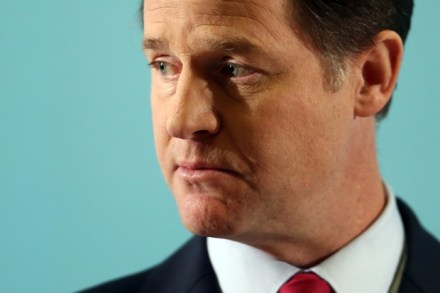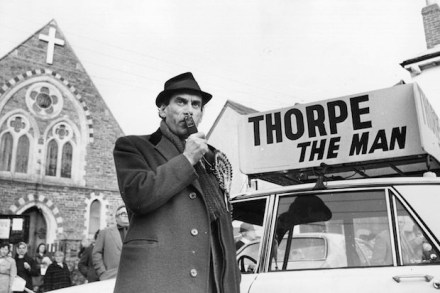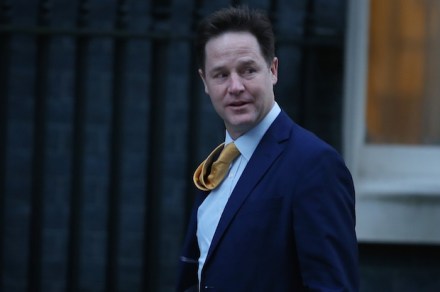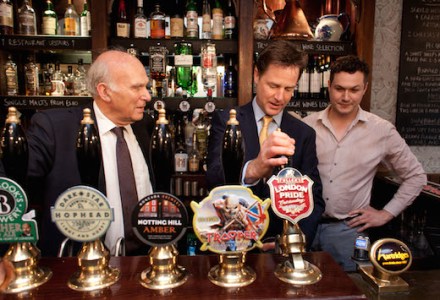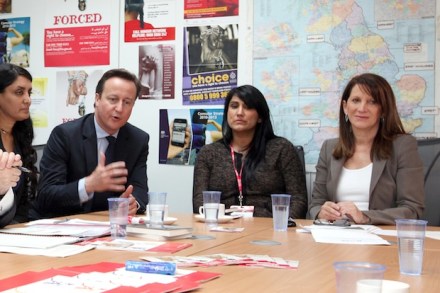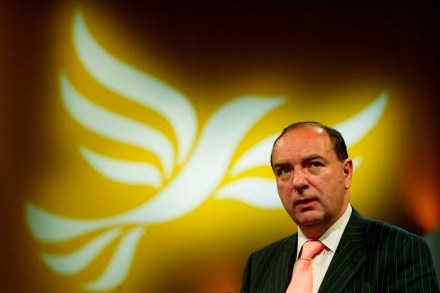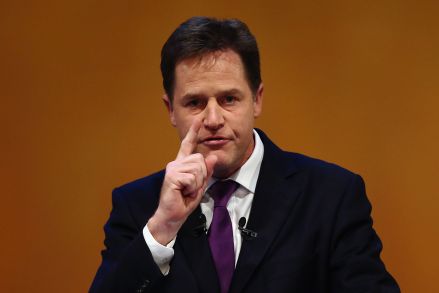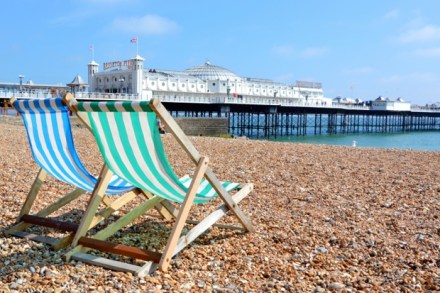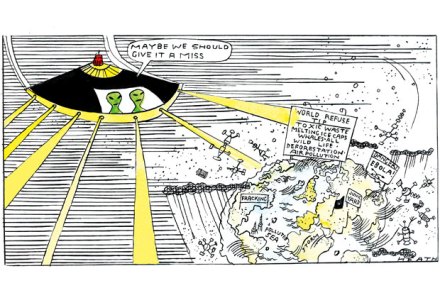Nick Clegg’s new year pitch for eternal power
Nick Clegg has clearly had an exciting Christmas. He used his first press conference of the year to talk about people playing footsie, exes leaving late-night voicemail messages, frantic January sales shopping and body parts. He was using all these vivid images, dreamt up while he was working out how to deal with Labour’s ‘decapitation strategy’ in his own constituency, to make a pitch for him to remain in power for as long as possible. Forever, hopefully, but at least after the next General Election. The Deputy Prime Minister warned repeatedly of the risks of ‘having a parliament which is held hostage, every hour and every day and every week,
